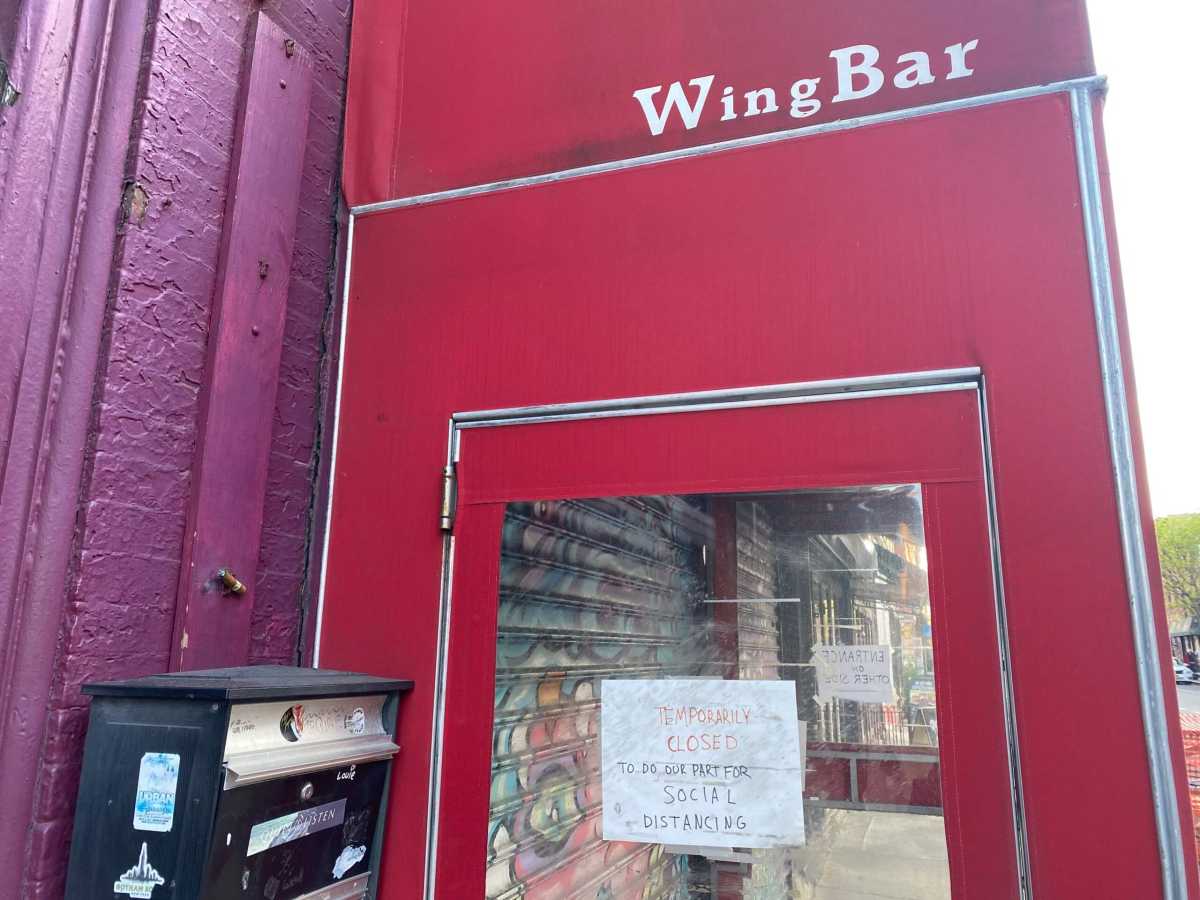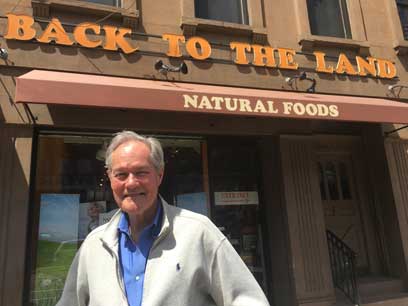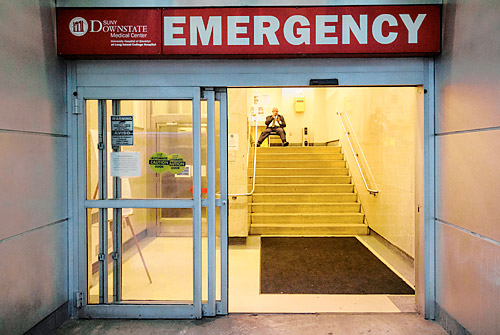Leaders in Brooklyn’s previously booming nightlife industry say a bevy of the borough’s hot spots may not survive without more serious aid from the government — which they want to see come in the form of forgivable rent relief.
The situation for the city’s bars and restaurants is far more dire than many realize, according to Dave Rosen, owner of Williamsburg bar The Woods and a member of the city’s Nightlife Advisory Board.
“We’re in a pretty bad situation,” said Rosen, who is also the co-founder of Brooklyn Allied Bars and Restaurants, a support system for northern Brooklyn nightlife. “We really need help.”
Through BABAR, Rosen is organizing an online campaign to keep the borough’s gathering spaces from going extinct — a very real possibility if more ambitious actions are not taken, he says.
“We should assume the worst,” the bar owner told Brooklyn Paper. “I think if there’s a high degree of failure — which there is likely going to be without a coordinated effort and plan – that it is going to take years, if not a decade, for the industry to recover.”
That coordinated effort must come with forgivable rent relief, Rosen said, either in the form of a direct grant package from the federal government, or a state-issued moratorium on mortgages of relevant commercial spaces.
“There still needs to be a rent forgiveness combined with mortgage forgiveness,” he said of business owners’ biggest expense. “It all needs to be planned and coordinated together so that the system stays in place and we can hibernate.”
With the possibility of reopening months away at a minimum, Rosen speculates that many business owners will cut their losses and close up shop for good rather than hold out indefinitely with no aid. Rent forgiveness would give business owners a greater sense of security in face of looming uncertainty, according to the nightlife guru, who slammed the federal government’s Paycheck Protection Program.
“The paycheck protection package was heralded as a small business rescue package,” he said. “But it’s certainly not.”
The program, Rosen said, is great for keeping employees on payroll, but not for much else — especially when employers are still scrambling to cover operating costs such as rent and insurance.
Rosen also worries that landlords will still expect rent from shuttered businesses who received the package, even though employers are legally mandated to spend 75 percent of the funds on payroll.
With reopening still in the distant future, there is time to come up with a better plan, Rosen said. Bars and restaurants are in phase three of Gov. Andrew Cuomo’s four-phase reopening plan. Downstate New York is currently nowhere near the first phase.
But, to Rosen, a city without bars, clubs, and restaurants is no city worth living in, and if New Yorkers want to return to a city that resembles the one they left, they’ll need to take real steps to preserve them.
“I think the soul of the city is dependent on social gathering,” he said. “Otherwise, you might as well live in the suburbs.”


























